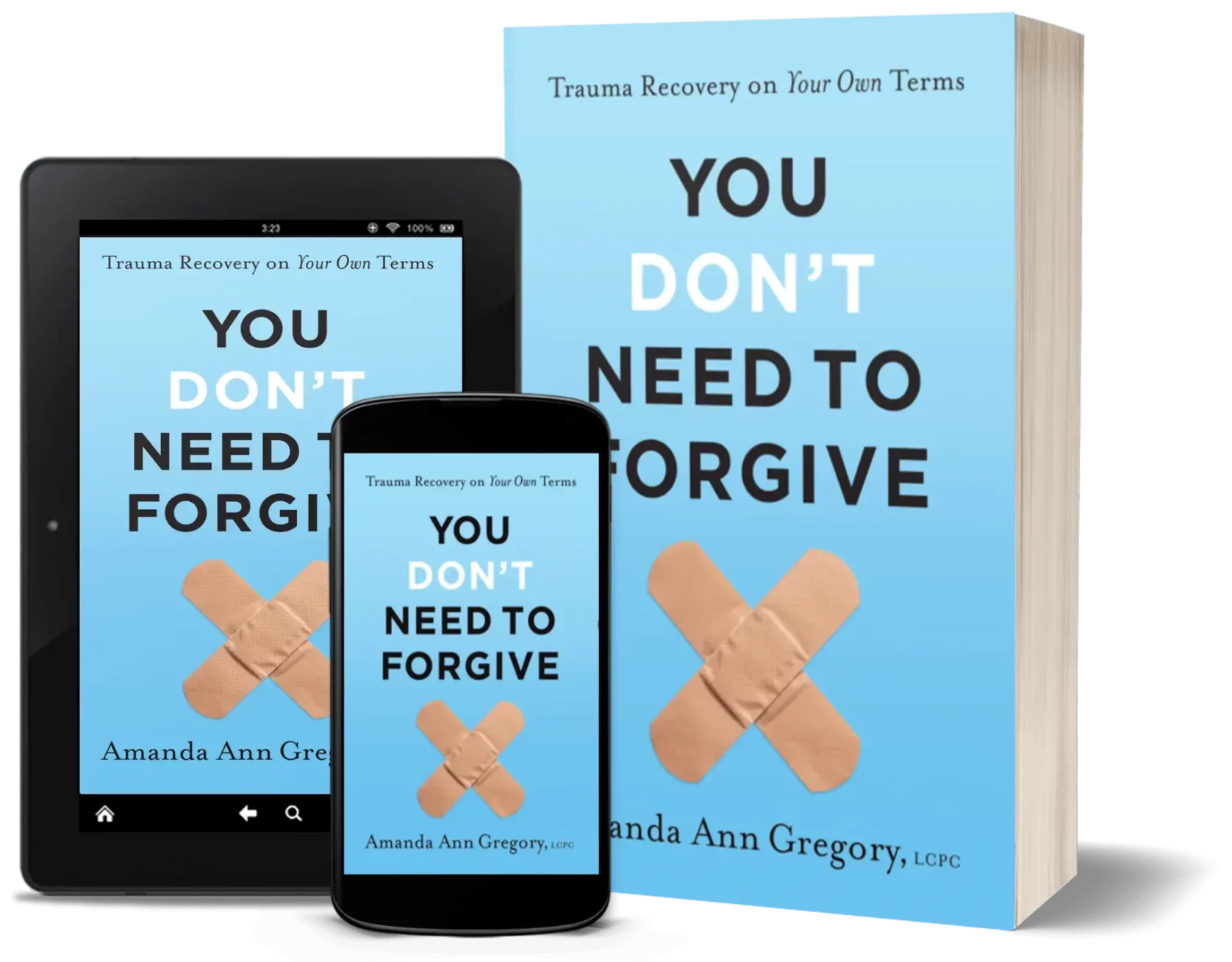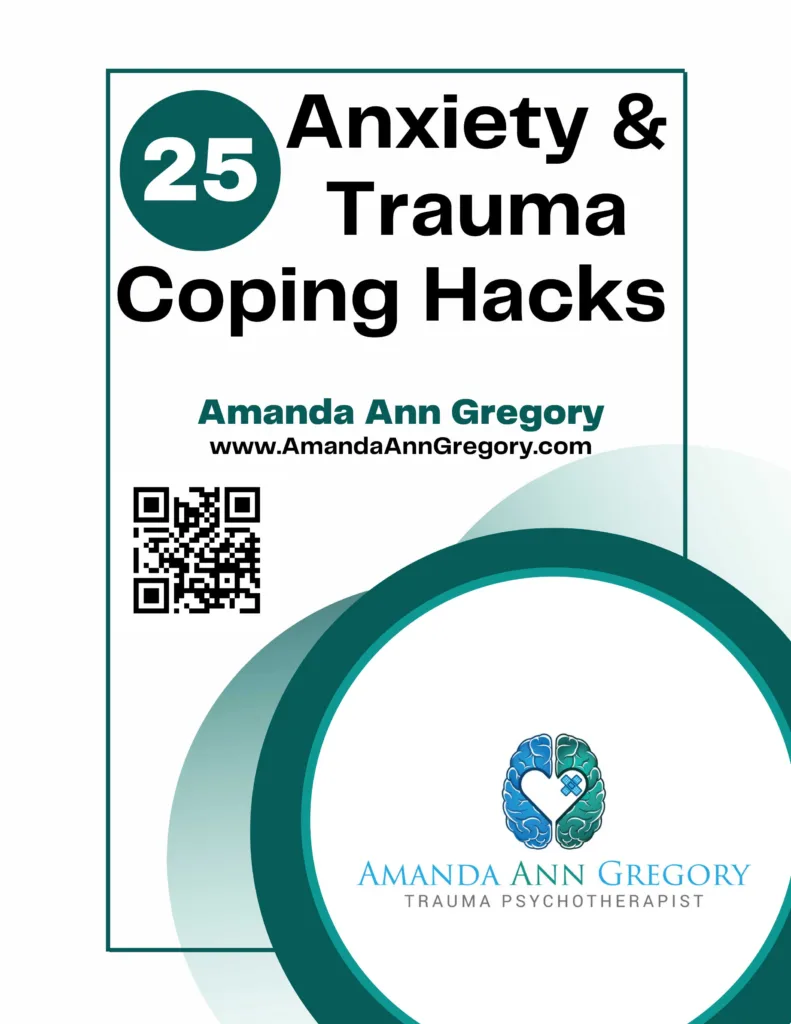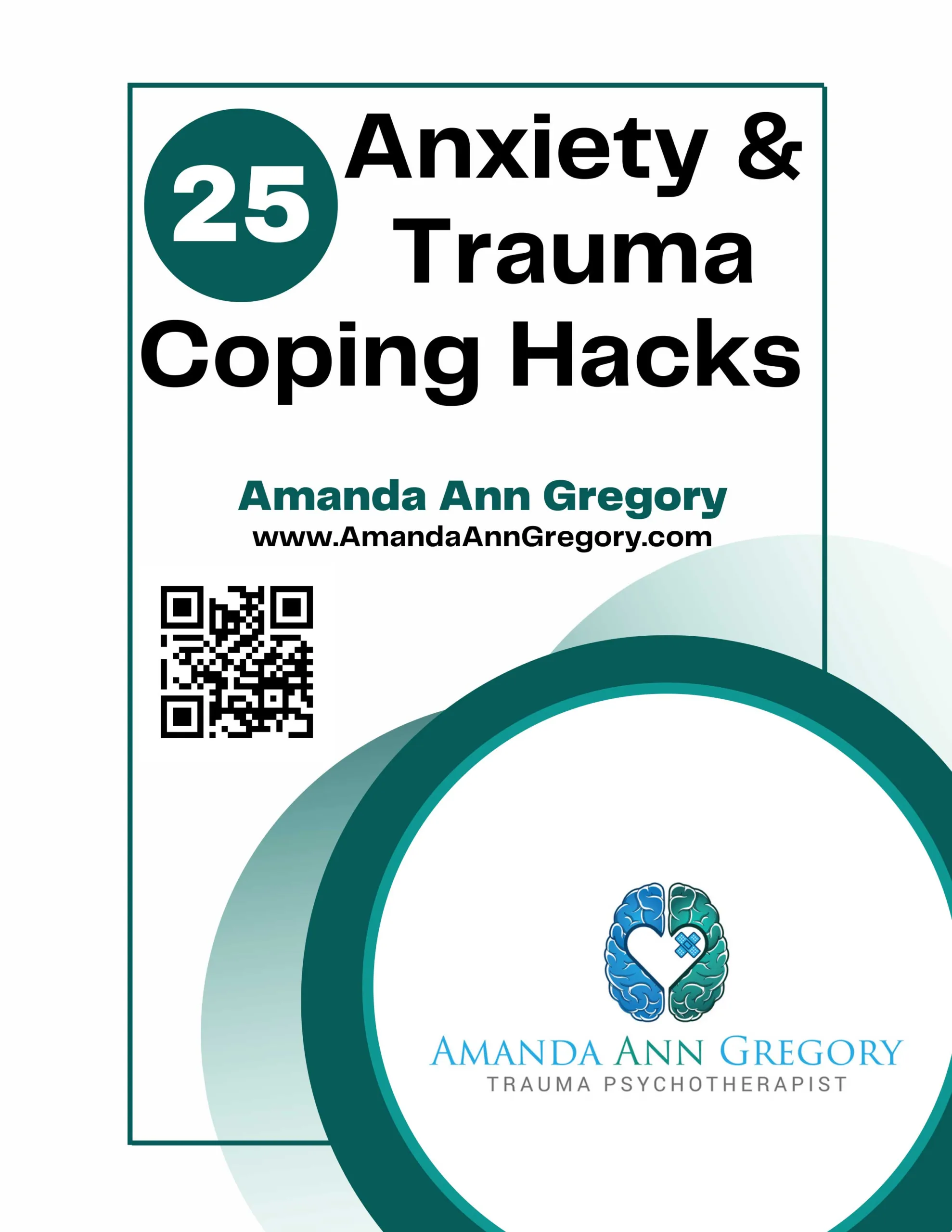Forgiveness is not required for your well-being. It’s always optional.
Have you heard these phrases?
Forgiveness will set you free.
You only hurt yourself when you don’t forgive.
You need to forgive if you want to move on.
Chances are, you’ve heard these phrases many times. In my research for my book, You Don’t Need to Forgive: Trauma Recovery on Your Own Terms, I discovered that many people, particularly trauma survivors, have felt coerced, pressured, or strongly encouraged to forgive their offenders. They often hear they “need” to forgive, implying they have no alternative if they wish to heal. This belief is not limited to a few individuals or groups. It is a pervasive idea, endorsed by family members, friends, religious leaders, celebrities, influencers, and even mental health clinicians. They all seem convinced that forgiving will be in your best interest, and they have some evidence to support their claims.
Forgiveness may benefit your mental health
Some research has shown a positive relationship between forgiveness and mental health. Loren L. Toussaint and colleagues found that forgiveness was associated with decreased stress accompanied by reduced adverse mental health symptoms over five weeks. They reported that participants who forgave appeared to experience a change in their perceptions of this stress, which in turn eased other mental health symptoms.1 Therefore, forgiveness may help you think and feel differently about your stress, which in turn can help improve your mental health.
Katelyn N.G. Long and their colleagues conducted a study that found a positive relationship between forgiveness and psychological well-being. They found that participants who reported a higher level of forgiveness were likelier to report higher levels of positive affect and improved social integration.2 These two studies indicate a positive relationship between forgiveness and mental health
Do these studies imply that you “need” to forgive to improve your mental health? No, they do not. No study indicates a “need” to forgive, but some suggest that forgiveness “may” be beneficial.
“Need” vs. “Might”
When we use the word “need,” we imply that something is required, not optional. No study proves that forgiveness is necessary to improve mental health or overall well-being. If these studies existed, all mental health clinicians would recommend forgiveness for all their clients without hesitation. Instead, forgiveness is an experience you “may” benefit from but do not “need” to experience.
There are many examples of widely accepted evidenced-based mental health experiences that are optional but not required. Consider deep breathing exercises. “Take a breath” is advice often dispensed to those who experience anxiety. This is usually excellent advice, as deep breathing may decrease your heart rate, which can quickly calm your body and mind.
However, deep breathing can initiate and aggravate anxiety and make things much worse. Taking a sudden deep breath can cause hyperventilation if you’re experiencing a panic attack. Deep breathing exercises could cause you to feel increasingly unsafe if it does not feel safe to connect with your body and increase your anxiety. Therefore, if you are experiencing anxiety, you do not “need” to take a deep breath as breathing “might” be beneficial, but it may not. It all depends on what works for you.
Abandon the Word “Need”
Language is important. When we use the word “need,” we imply that an experience is required. Yet forgiveness, like many evidenced-based mental health treatment experiences, is optional. You “might” benefit from forgiveness, and you might not. If there is ever research that reports that you “need” to forgive, I will concede, and I’d begin encouraging my readers to forgive. Until that day, if it ever comes, I encourage you to abandon using the word “need” when referring to forgiveness and to correct those who use the term with you. Instead, consider embracing more flexible terms such as “might,” “may,” “possibility,” and “optional.”
Here are a few suggestions:
- Instead of I need to forgive … I may benefit from forgiving, but I also might not.
- Instead of You need to forgive ... You might benefit from forgiveness; it depends upon what experiences you genuinely need.
- Instead of I forgave, and I feel better, so you must also forgive … Forgiveness helped me, and I hope that it’s helpful for you.
- Instead of Researchers say that we must forgive … Studies show some benefits of forgiveness, but they do not prove that forgiveness is required.
Purchase my book, You Don’t Need to Forgive

Sign up to get your Free eBook: 25 Anxiety & Trauma Coping Hacks

Hire me to speak at your event! Contact Me

References
1. Loren L. Toussaint et al., “Effects of Lifetime Stress Exposure on Mental and Physical Health in Young Adulthood: How Stress Degrades and Forgiveness Protects Health,” Journal of Health Psychology 21, no. 6 (June 2016): 1004–14.
2. Katelyn N. G. Long et al., “Forgiveness of Others and Subsequent Health and Wellbeing in Mid-life: A Longitudinal Study on Female Nurses,” BMC Psychology 8, no. 104 (2020), https://doi.org/10.1186/s40359-020-00470-w.





